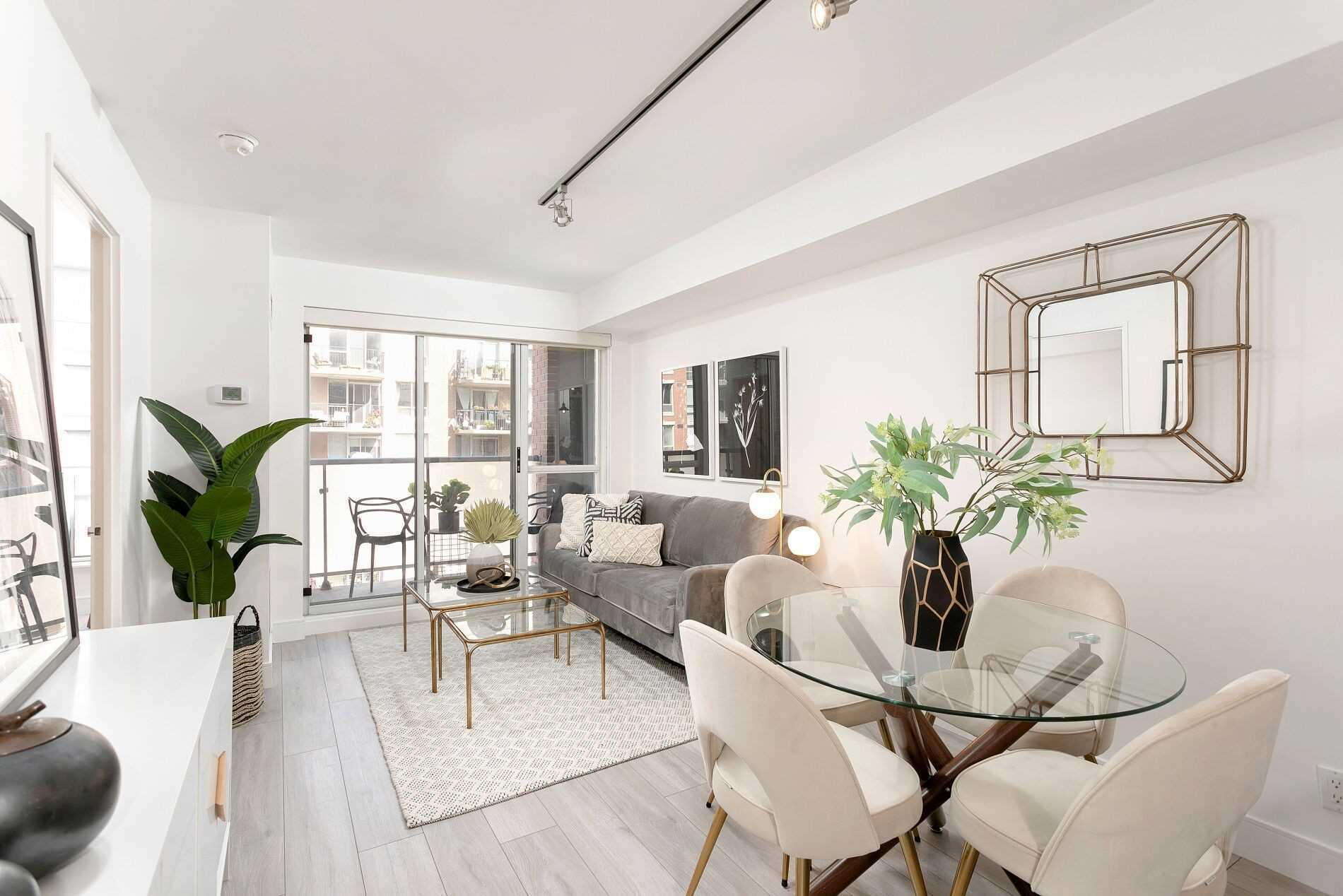.png)
This is a common question our clients ask when selling their homes. Although selling first is best in most cases, here we look at five factors that can impact your decision.
Your Financial Position
If you have a mortgage balance and your finances are tight, selling first is best. This avoids the risk of carrying two mortgages. You can sell your home, know how much money you have to spend on your new home, and avoid the stress of not selling.
Possible exceptions: If your mortgage is paid off, or you enjoy healthy cash flow, the risk of buying first isn’t as high. In this case, if you are looking for a very specific type of home that takes longer to find, you can consider starting your home search first.
Market Conditions
We are currently leaning towards a buyers’ market. This can increase the time your home sits on the market. As a result, selling before you buy ensures you don’t end up with two mortgages.
There’s another equally important consideration. Selling with a looming closing date on your new home puts pressure on you to jump at any offer. Selling first provides the luxury of considering each offer carefully and negotiating more favourable conditions. Since it’s a buyers’ market, inventory is high, so you have more choices when you start your search. You can feel confident during both the buying and selling process, so you don’t have to settle.
Possible exceptions: We find there is rarely an exception in this scenario.
The Condition of Your Home
If you have a turn-key home that needs little to no work, selling it will be relatively easy, even in a buyers’ market.
Possible exceptions: If your home is over-renovated with unusually high-end finishes for the area, you could find it takes longer to sell your home without taking a hit on the price. On the flip side, if your home is in need of repairs, this will also impact how long it takes to sell your home
Bridge Loans
A bridge loan uses the equity in your current home to cover the overlap of costs between closings. Also known as bridge financing, it comes in handy in the following scenarios:
• You find the perfect home but haven’t sold your current home yet
• You have to sell but can’t afford a down payment for your next home
• You want an early closing date on your new home, so you can complete renovations while living in your current home
Possible exceptions: Not everyone is eligible for a bridge loan. Therefore, you should check with your lender to find out if you qualify. At least then, you’ll know if making an offer on a home before you sell is safe. Also,
Confirming Everything
About four weeks before closing, confirm everything is in place, including:
• Double-check that your movers are booked
• Call your lawyer to make sure they have what they need, including mortgage approval documents
• Ask your mortgage broker if they need anything further and have them send you a summary of costs and deductions
You also want to ask your real estate agent to set up another visit to your property. This is your opportunity to take measurements and reacquaint yourself with your new home.
Risks
Buying first tends to present higher risks:
• You increase the risk of carrying two mortgages and
• You might be more inclined to accept lower offers or less appealing conditions out of desperation
Possible exceptions: If it is a hot, hot sellers’ market, it often makes sense to buy first. This is because inventories are lower which increases the risk that you won’t find a home before your closing date. Also, if you just can’t resist putting an offer in on your ideal home before selling, we can add a condition that your offer is contingent on selling your home first.
Before you make any decisions, speak to the team at North Group. We can discuss your situation and come up with a strategy that optimizes your sale and purchase outcomes.



.png)



